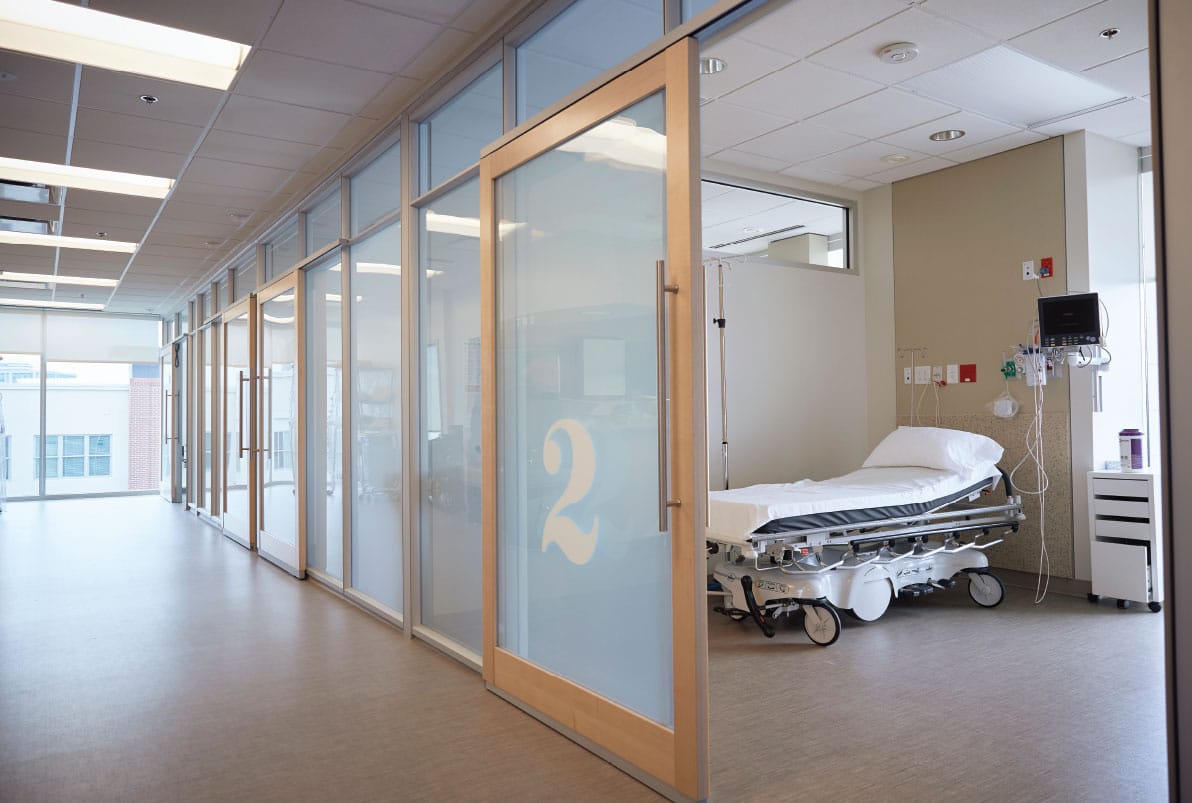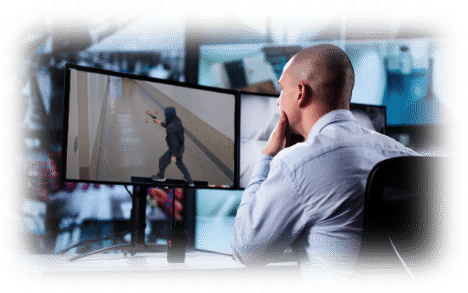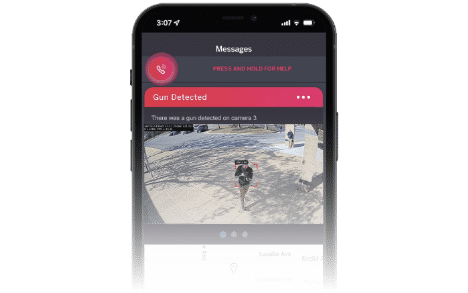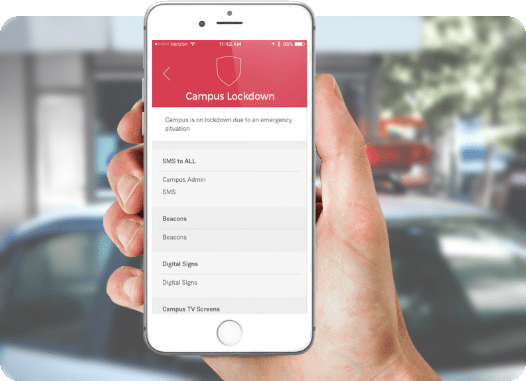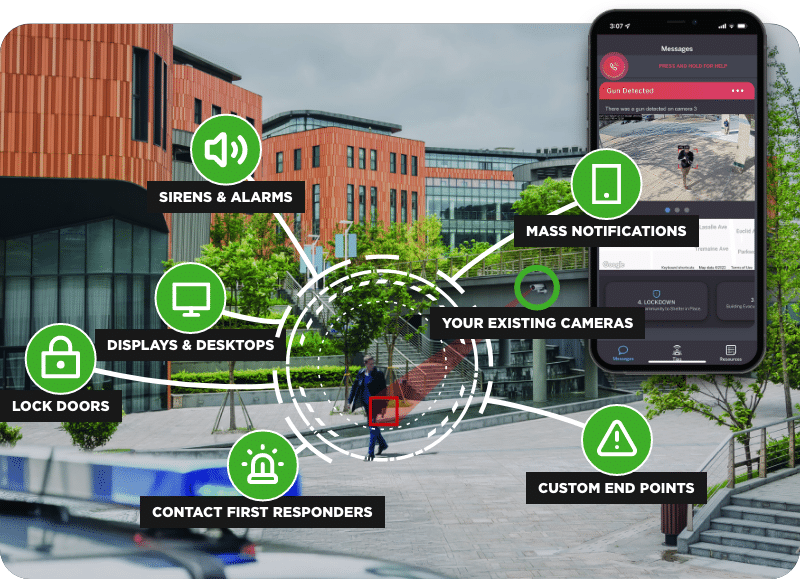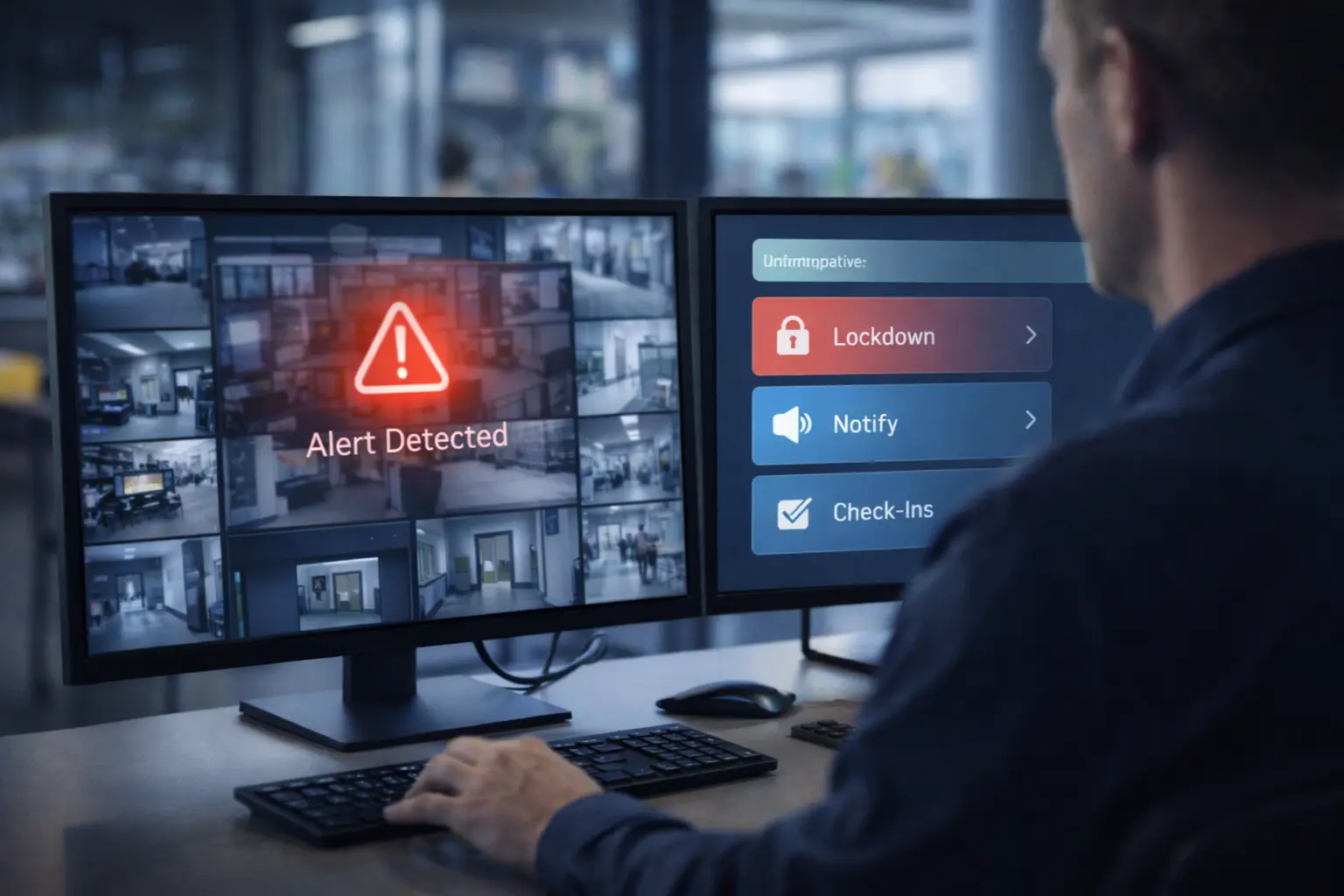Healthcare and Hospital Security Systems
AI Gun Detection, ENS, and Emergency Response Automation
Hospital security systems and staff can’t exactly lock their doors and check IDs like other businesses. You need to stay open, accessible, and welcoming while somehow protecting everyone inside. That’s where AI-powered gun detection for healthcare facilities makes the difference between reacting to violence and preventing it entirely.
When seconds count and lives hang in the balance, automated systems give you the early warning needed to save lives, especially when you need to monitor a sprawling medical campus.
What Makes Healthcare Facilities Targets for Gun Violence?
The combination of stress, vulnerable people, and open access introduces certain risks to healthcare facilities that other organizations don’t need to worry about.
- Vulnerable patients and staff who may be a target for premeditated violence
- Emotions run high when families face life-or-death situations, and sometimes rational thinking goes out the window
- Drugs and controlled substances required for medical purposes sometimes draw the attention of desperate people
Contact Sales for a Free Quote!
See how easily our AI Gun Detection system can integrate with your existing security cameras.
The Reality of Shootings in Healthcare Settings
Tulsa Hospital Shooting
Tulsa, OK – 2022
A gunman conducted an attack on the second floor of a Tulsa hospital, killing 4 people before police were able to respond. Source
Buffalo Clinic Shooting
Buffalo, MN – 2021
A 67-year old man opened fire inside a healthcare clinic, killing a nurse on duty and seriously wounding 5 others. Source
Bronx-Lebanon Hospital Attack
The Bronx, NY – 2017
A former hospital employee entered a hospital and killed a doctor, injuring 6 others during the attack. Source
Where We Can Help Healthcare Industry Safety Challenges
Hospitals and medical facilities have several operational challenges that are unique to the healthcare industry.
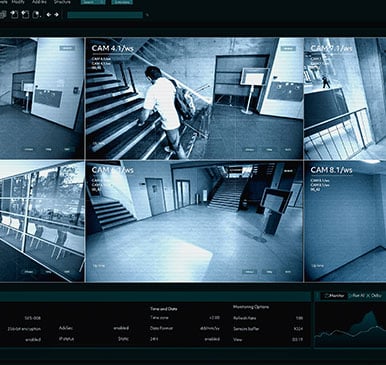
Blind Spots
Between service corridors, back-of-house areas, and multiple floors, you’ve got blind spots everywhere.

Patient Safety
People who are sick or receiving medical care aren’t able to escape from a dangerous situation quickly, if at all.

Staff Limitations
Even your most dedicated security officer can’t meaningfully monitor 20+ camera screens at once, especially when they’re spread across multiple buildings.
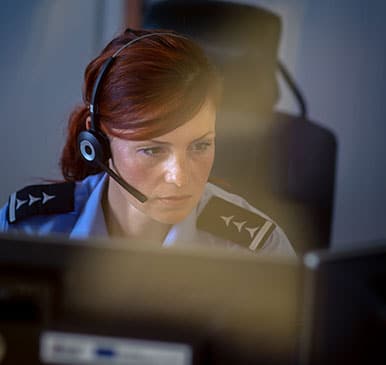
Emergency Coordination
When something actually happens, a coordinated response is needed to get accurate information to families, staff, and law enforcement.
How Omnilert Gun Detection Helps Protect Healthcare Facilities
Benefits of Omnilert’s AI Gun Detection System Engage a Full-Scale Emergency Response for Security Incidents
Once a threat is detected and verified, the real work begins: orchestrating a comprehensive emergency response that engages every system. Omnilert initiates an automated response across multiple technologies to help protect as many lives as possible.
Instant Notifications
Multi-channel emergency notifications instantly alert staff, security, and law enforcement
Automated Response
Automatic response workflows trigger lockdown procedures, activate alarms, and more
Mobile Alerts
Mobile applications that keep staff informed and connected during emergencies
Alarm Activation
Use audio and video systems to sound alarms and deliver clear safety instructions
Access Control
Lock or unlock doors to contain threats, secure exits, and protect vulnerable areas
Custom Response
Engage a fully-custom response using your existing security technology
Law Enforcement
Notify local police of an active threat or verified security incident
Liability Protection
Omnilert’s DHS SAFETY Act designation offers liability protection.
Our Open Architecture Integrates Your Existing Security Technology
Your healthcare facility may already have invested in security cameras and other infrastructure. With Omnilert, you can leverage that same technology and have it work together in ways that enhance your existing security operations.
Our platform integrates with VMS, access control systems, security hardware, and even third-party monitoring services. Whether you’re running a small clinic or managing a multi-campus health system, the technology adapts to your specific environment rather than forcing you into a one-size-fits-all solution.

Emergency Communications Customize Our Emergency Communications Platform for Your Facility
Your emergency communication systems should be reliable, easy-to-use, and customized to meet the specific needs of your hospital or medical building. From high-stakes emergencies to common notifications, our system can be adapted to automate a total response to virtually any scenario.
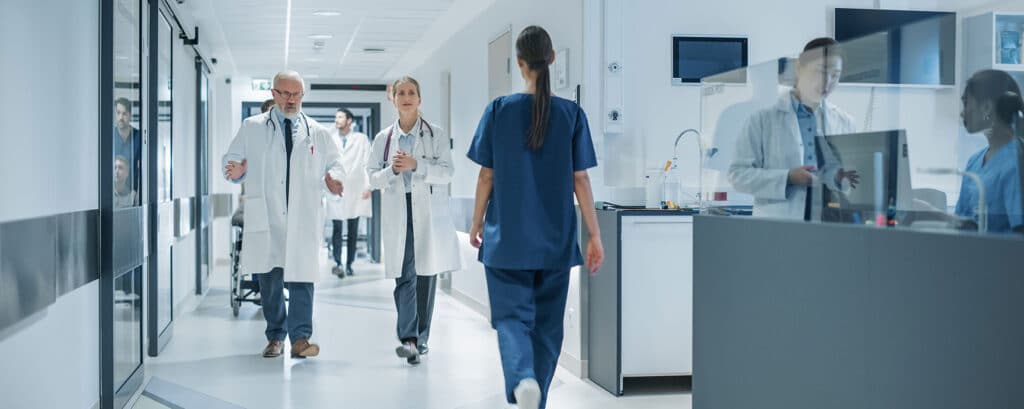
Customer Testimonial
“Omnilert’s team has been professional, responsive, and genuinely invested in helping us implement a solution that meets the unique needs of our schools. We value the partnership and the peace of mind it brings to our students, staff, and families.”
Michael K.
Superintendent, Cheslea School District
FAQ Common Questions About Hospital Security Systems
How does gun detection work with patient privacy requirements?
The AI analyzes video for weapons and threats without storing faces, names, or any patient information. It’s designed from the ground up to be HIPAA compliant because we knew that would be your first question. The system sees a potential gun, not the person holding it.
Can this integrate with our existing hospital communication systems?
In most cases, yes. We’ve connected with nurse call systems, overhead paging, mobile devices, and pretty much every major hospital notification platform. The goal is working through channels your staff already use, not adding another system they’ll ignore.
What happens when alerts go off during surgery?
This is where customization really matters. Operating rooms can receive discrete notifications that don’t disrupt procedures, while other areas might initiate lockdown protocols. We prefer giving you control over how different hospital zones respond rather than applying blanket procedures everywhere.
How does the AI handle medical equipment that might look like weapons?
Our system trains specifically on healthcare environments, so it learns the difference between an IV pole and a rifle pretty quickly. That said, we can’t promise zero false positives (nothing can), but the AI gets better at distinguishing medical devices from actual firearms over time.
What kind of training does our staff need?
Most healthcare workers pick up the basics in 30-60 minutes. Security personnel and administrators typically need more comprehensive training, but we’ve designed the interface to work with existing hospital emergency procedures. The last thing busy medical staff need is another complicated system to learn.
AI Gun Detection A Smart Solution for Gun Violence at Healthcare Facilities
How Does Gun Violence Affect Your State?

